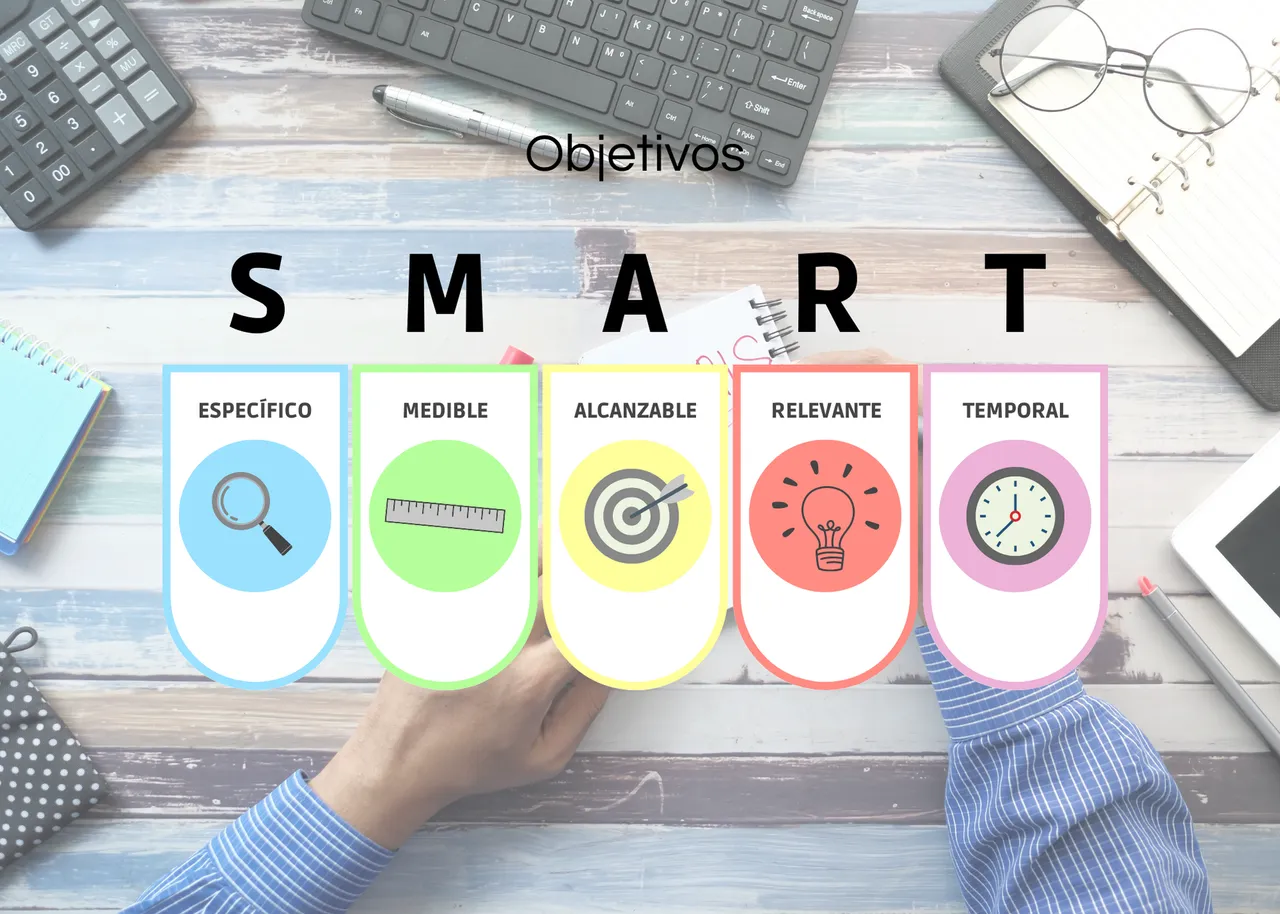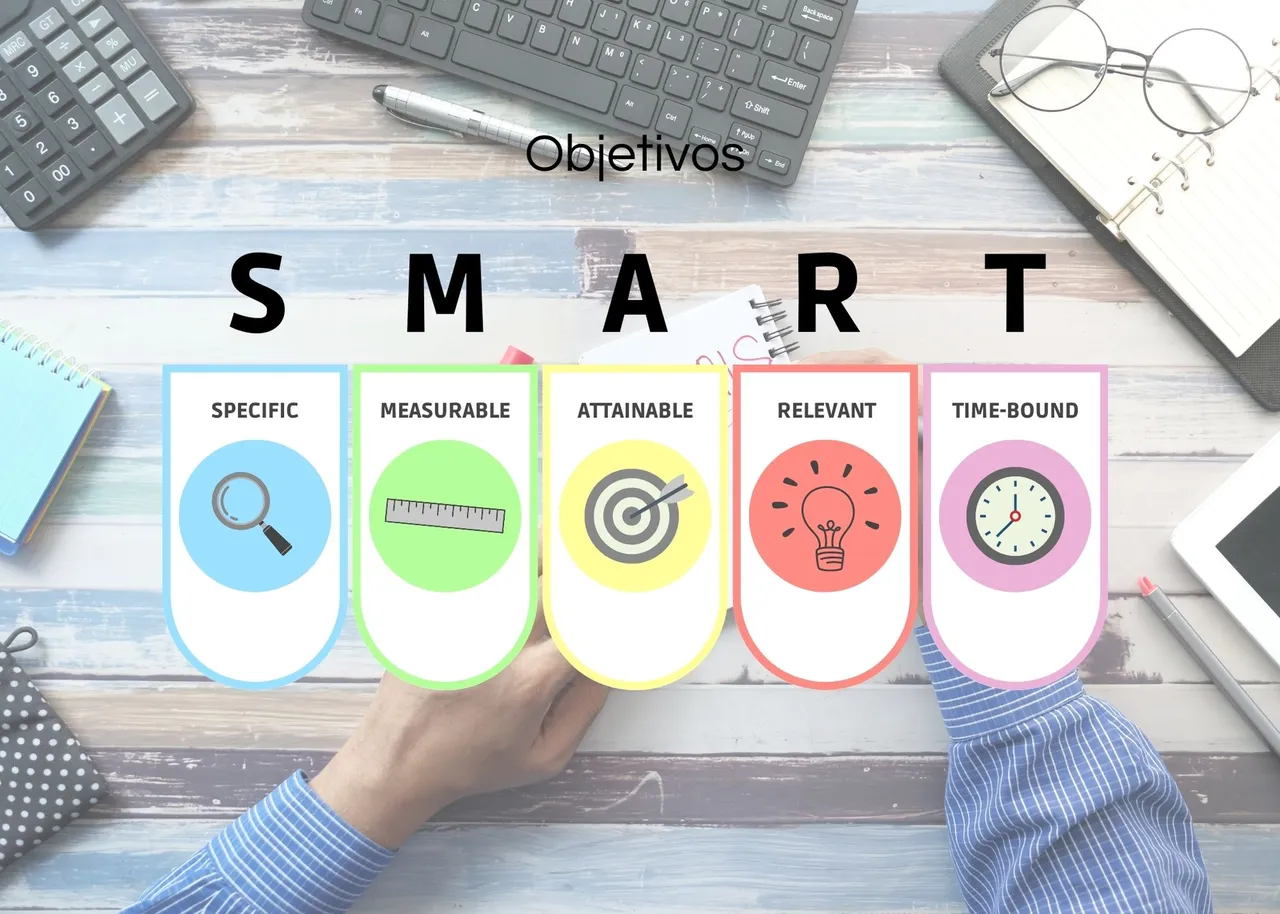
(Foto creada por mí usando Canva Pro)
¡Hola Comunidad!
Espero que se encuentren con mucha energía y éxito en sus emprendimientos 🙌 Me gustaría compartir con vosotros una experiencia/proceso por el que estoy pasando. Hace unos meses creé un curso para nómadas digitales que vender en Hotmart. Era mi primer curso y, a pesar de que el contenido es muy útil y lo hice pensando en todas aquellas personas que me preguntaban cómo ser nómada digital, la verdad es que aún no he tenido todo el éxito que esperaba en el proceso de venta.
Ahí aprendí que no se trata sólo de crear productos digitales, sino de venderlos también. El caso es que, como ya sabéis, el Universo nos presenta oportunidades para aprender y mejorar donde menos lo esperamos y he de decir que me ha presentado una oportunidad perfecta para aprender, no sólo sin coste, si no también ganando dinero. En junio empecé de mentora en un curso de finanzas personales que se llama El Método Rico donde ayudo a personas a mejorar sus finanzas personales.
Este curso me está sirviendo mucho no sólo de aprendizaje profesional sino también personal. Normalmente para reafirmar mis conocimientos me gusta escribirlos y hacer resúmenes, así que había pensado en hacerlo en esta comunidad para que así todos podamos beneficiarnos de esta oportunidad. Así que sin más dilación empiezo por la lección número 1:
Definir objetivos SMART
Para lograr cualquier objetivo en la vida el primer paso es definirlo. Para ello vamos a utilizar una metodología muy útil que se llama SMART y que viene de las siglas:
S--> Specific
M--> Measurable
A--> Achievable
R--> Relevant
T--> Time-Bound
Specific - Específico
Para definir un objetivo claro y específico podemos hacernos las siguientes preguntas:
- ¿Qué quiero conseguir?
- ¿Por qué es importante este objetivo?
- ¿Quién está implicado?
- ¿Dónde se encuentra?
- ¿Qué recursos o límites intervienen?
Measurable - Medible
Es importante tener objetivos cuantificables, para poder seguir tus progresos y mantener la motivación. Para que un objetivo sea medible debe contestar a las pregunta de ¿cuánto/s? De esta forma sabremos cuándo lo hemos conseguido.
Achievable - Alcanzable
Para tener éxito, el objetivo debe ser realista y alcanzable. En otras palabras, debemos evaluar si con nuestros recursos actuales de tiempo, dinero, capacidades, etc, podemos lograrlo en el tiempo que queramos establecer.
Relevant - Relevante
Este paso consiste en asegurarte de que tu objetivo es importante para ti y de que está en consonancia con otros objetivos importantes. Un objetivo relevante puede responder "sí" a estas preguntas:
- ¿Vale la pena?
- ¿Es el momento adecuado?
- ¿Coincide con nuestros otros esfuerzos/necesidades?
- ¿Soy la persona adecuada para alcanzar este objetivo?
- ¿Es aplicable en el entorno socioeconómico actual?
Time-Bound - Temporal
Esta parte es sencilla y muy importante: definir un tiempo específico para lograr nuestro objetivo. A la hora de definir una fecha límite (deadline) es importante que seamos conscientes del tiempo que le podemos dedicar a nuestro objetivo teniendo en cuenta otros objetivos y/o responsabilidades/obligaciones.
Ejemplo sobre un objetivo SMART
Para verlo de forma más clara vamos a usar un ejemplo. Objetivo: Aumentar las ventas en línea en un 20% durante el próximo trimestre.
Específico (Specific): El objetivo se centra en aumentar las ventas en línea, lo que proporciona claridad sobre el área de enfoque.
Medible (Measurable): Se establece un criterio claro y cuantificable para medir el éxito: un aumento del 20% en las ventas en línea.
Alcanzable (Attainable): El objetivo es desafiante, pero alcanzable, en función de los recursos, el mercado y las capacidades de la organización.
Relevante (Relevant): Aumentar las ventas en línea es relevante para el crecimiento y la rentabilidad del negocio, y está alineado con las metas y objetivos estratégicos.
Con límite de tiempo (Time-bound): Se establece un marco de tiempo específico para lograr el objetivo, en este caso, durante el próximo trimestre.
Conclusión
Esta es una forma útil de fijar objetivos en lugar de ir a lo loco. El siguiente paso sería crear un plan de acción para cumplirlos, aunque de eso hablaré en el siguiente post. Por ahora me gustaría saber, ¿os ha resultado útil? ¿Habíais escuchado hablar de esta modalidad a la hora de fijar objetivos?
¡Muchas gracias y espero que os haya servido de ayuda!

Hello Community!
I hope you are feeling energetic and successful in your endeavors 🙌 I would like to share with you an experience/process I am going through. A few months ago I created a course for digital nomads to sell on Hotmart. It was my first course and even though the content is very useful and I made it thinking about all those people who were asking me how to be a digital nomad, the truth is that I still haven't had all the success I expected in the selling process.
There I learned that it's not only about creating digital products, but also about selling them. The thing is that, as you know, the Universe presents us with opportunities to learn and improve where we least expect it and I have to say that it has presented me with a perfect opportunity to learn, not only at no cost, but also earning money. In June I started mentoring in a personal finance course called The Rich Method where I help people to improve their personal finances.
This course is helping me a lot not only professionally but also personally. Normally to reaffirm my knowledge I like to write it down and make summaries, so I had thought of doing it in this community so that we can all benefit from this opportunity. So without further ado I start with lesson number 1:
Define SMART goals.
To achieve any goal in life the first step is to define it. To do this we are going to use a very useful methodology called SMART which comes from the acronym:
S--> Specific
M--> Measurable
A--> Achievable
R--> Relevant
T--> Time-Bound
Specific
To define a clear and specific objective we can ask ourselves the following questions:
- What do I want to achieve?
- Why is this objective important?
- Who is involved?
- Where is it located?
- What resources or boundaries are involved?
Measurable
It is important to have measurable objectives, in order to track your progress and maintain motivation. For an objective to be measurable it must answer the question "how much? This way we will know when we have achieved it.
Achievable
To be successful, the goal must be realistic and achievable. In other words, we must evaluate if with our current resources of time, money, capabilities, etc., we can achieve it in the time we want to set.
Relevant
This step consists of making sure that your objective is important to you and that it is in line with other important objectives. A relevant goal can answer "yes" to these questions:
- Is it worthwhile?
- Is the timing right?
- Does it coincide with our other efforts/needs?
- Am I the right person to achieve this objective?
- Is it applicable in today's socio-economic environment?
Time-Bound
This part is simple and very important: define a specific time to achieve our objective. When defining a deadline it is important that we are aware of the time we can dedicate to our objective taking into account other objectives and/or responsibilities/obligations.
Example of a SMART goal
To see it more clearly let's use an example.
Goal: Increase online sales by 20% during the next quarter.
Specific: The objective focuses on increasing online sales, which provides clarity on the area of focus.
Measurable: A clear and quantifiable yardstick is established to measure success: a 20% increase in online sales.
Attainable: The objective is challenging, but achievable, depending on the organization's resources, market and capabilities.
Relevant: Increasing online sales is relevant to business growth and profitability, and is aligned with strategic goals and objectives.
Time-bound: A specific time frame is set to achieve the objective, in this case, during the next quarter.
Conclusion
This is a useful way to set goals instead of going all out. The next step would be to create an action plan to accomplish them, although I'll talk about that in the next post. For now I would like to know, did you find it useful, had you ever heard of this approach to goal setting?
Thank you very much and I hope it has been helpful!